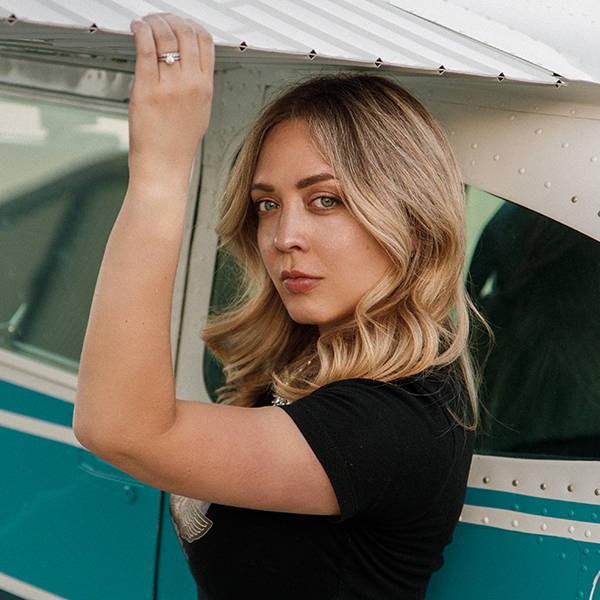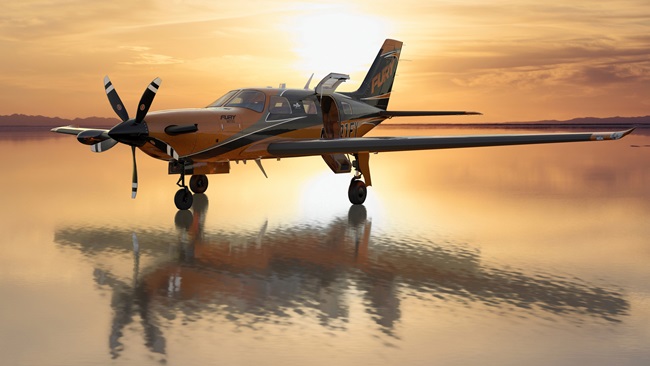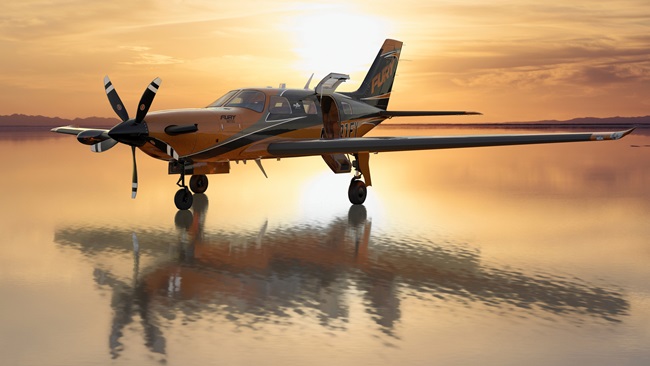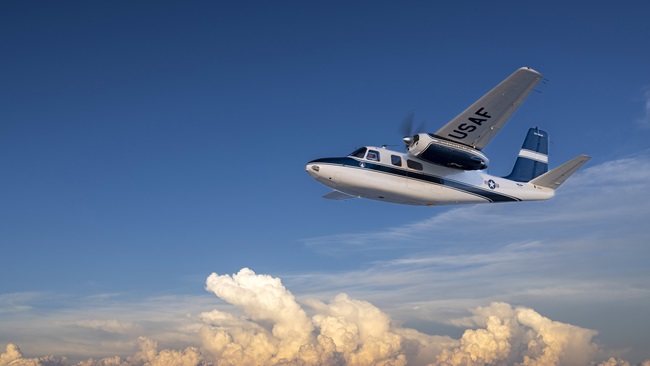Hydrogen race heats up
Two sustainable aviation competitors are set to begin hydrogen-powered test flights of their twin turboprop regional airliners.
The race is on and it's anyone's game as competitors Universal Hydrogen and ZeroAvia hone in on a sustainable aviation future fueled by hydrogen-electric power.
Following successful ground testing, ZeroAvia secured a Part 21 permit from the U.K. Civil Aviation Authority (CAA) in December to fly its 19-seat Dornier 228, retrofitted with the company's prototype hydrogen-electric powertrain powering the propeller on the left wing. On the right wing was a Honeywell TPE 331 stock engine that the company says is used "for appropriate redundancy to allow the safe testing of the novel propulsion technology."
ZeroAvia's founder and CEO Val Miftakhov said, "Earning our full Part 21 permit to fly with the CAA is a critical milestone as we develop a zero-emission aviation propulsion system that will be the most environmental and economical solution to the industry's climate impact. We're going to be starting 2023 in the best way possible, by demonstrating through flight that true zero-emission commercial flight is much closer than many think."
The company expects to have a certifiable powertrain submitted by the end of 2023 and hopes to begin delivering powertrains for commercial use on nine- to 19-seat aircraft by 2025.
Universal Hydrogen, founded in 2020, also received an equity investment from American Airlines in 2022 and has big plans for its converted Dash 8-300 in 2023. The company confirmed to FutureFlight that it had rescheduled its first flight for January.
"Regarding timing, the integration of the hydrogen fuel cell powertrain into the flight test aircraft took somewhat longer than anticipated," a spokesperson for Universal Hydrogen told FutureFlight. "Integration is now complete and the aircraft is undergoing ground testing. We aim for taxi tests before the holidays and the first flight in January."
Universal Hydrogen aims to produce hydrogen-powered iterations of the 50-seat Dash 8 aircraft and hopes to begin delivering converted 70-seat ATR 72 and ATR 42 twin turboprop aircraft in 2025.




